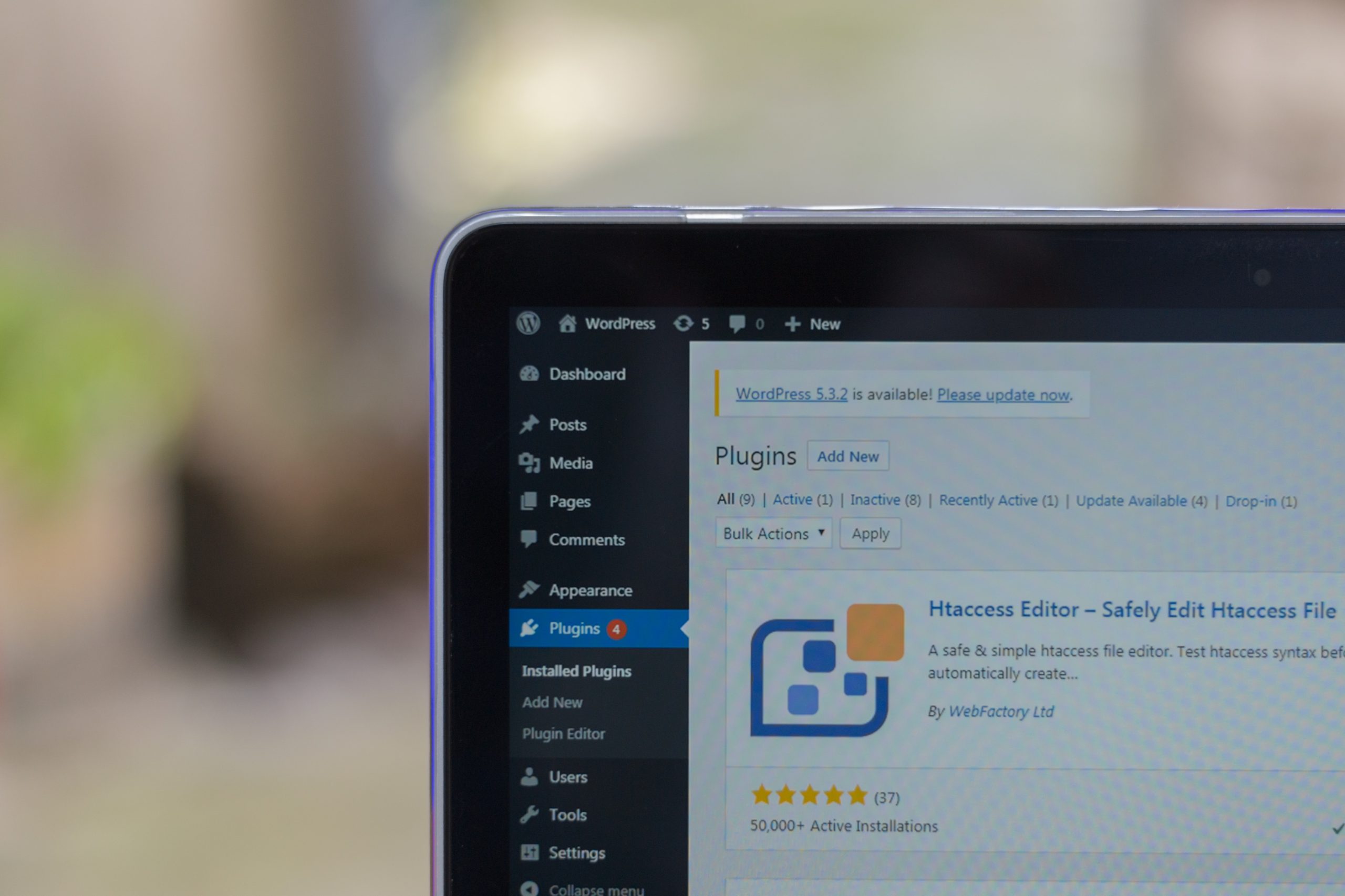WordPress is a popular and powerful content management system (CMS) that allows website owners to easily create and manage their online presence. However, with great power comes great responsibility, and WordPress websites are often targeted by hackers and cybercriminals looking to exploit security vulnerabilities. In this article, we’ll take a closer look at the top 5 security threats facing WordPress websites, and provide practical tips and solutions for how to fix them. By implementing these best practices, you can ensure that your WordPress site is secure and protected against common security threats.
1. Unprotected Login Form
One of the most common ways hackers gain access to a WordPress website is through the login form. By repeatedly guessing usernames and passwords, attackers can eventually find their way into the backend of a site.
To protect against this threat, it’s important to secure the login form. One simple solution is to use a plugin like WP Login Lockdown. This plugin limits the number of login attempts from a specific IP address and locks out that IP address for a set period after a certain number of failed attempts. This can help prevent brute force attacks and keep your website secure.
2. Not Having a Proper SSL Certificate
An SSL (Secure Sockets Layer) certificate is a digital certificate that encrypts data exchanged between a website and its visitors. This can protect sensitive information such as login credentials, payment details, and personal information.
Without an SSL certificate, data exchanged between a website and its visitors is vulnerable to interception by hackers. To protect against this, it’s important to have a proper SSL certificate installed on your website.
One way to do this is to use a plugin like WP Force SSL. This plugin automatically redirects all non-HTTPS requests to HTTPS, ensuring that all data exchanged between your website and its visitors is encrypted and secure.
3. Outdated WordPress Core, Themes, and Plugins
WordPress is a constantly evolving platform, with new features and security updates released regularly. Failure to keep the WordPress core, themes, and plugins up to date can leave your website vulnerable to security threats.
To protect against this, it’s important to regularly update WordPress, themes, and plugins to the latest version. This can be done manually or through a plugin like Jetpack, which automatically updates WordPress and plugins to the latest version.

4. Weak Passwords
Weak passwords are a common security vulnerability that can leave your website open to attack. Hackers can use automated tools to guess weak passwords and gain access to your website.
To protect against this, it’s important to use strong passwords that are difficult to guess. This includes using a mix of uppercase and lowercase letters, numbers, and symbols. Additionally, it’s important to change passwords regularly and avoid using the same password across multiple websites.
5. Lack of Website Backup
A lack of website backup is another common security threat facing WordPress websites. Without a backup, your website is vulnerable to data loss due to server crashes, hacks, or other unexpected events.
To protect against this, it’s important to regularly back up your website. This can be done manually or through a plugin like UpdraftPlus, which automatically backs up your website and stores the backup in the cloud.
In conclusion, WordPress websites are vulnerable to a range of security threats. By implementing best practices for security, such as securing the login form, using a proper SSL certificate, keeping software up to date, using strong passwords, and regularly backing up their website, website owners can protect their sites from the most common security threats. Additionally, regularly monitoring website traffic and staying up to date with the latest security trends and vulnerabilities can help website owners stay ahead of potential security issues.




